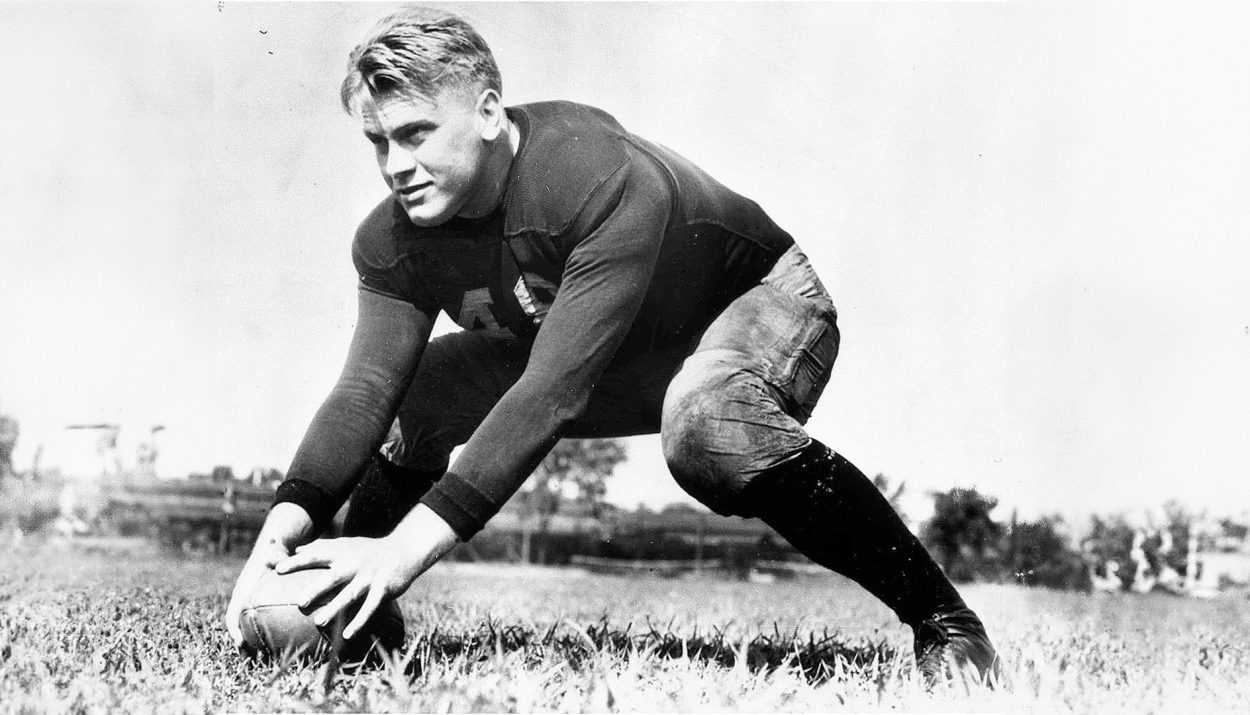Gerald Ford, the 38th President of the United States, assumed the nation’s highest office during a tumultuous time in American history. Under his strong guidance and forceful leadership, he brought economic stability to the American people and oversaw the end of U.S. involvement in world conflicts.
For many people, however, it was the actions Ford took as a college student and scholar athlete that made him a role model. A powerhouse on the gridiron and a team leader, a young Gerald Ford made a stand against racism … on the football field!
Gerald Ford’s Unconventional Journey to the White House
Gerald Ford is the only person in U.S. history to serve in the Oval Office without being elected as either the president or vice president. It was the early 1970s and one of the biggest political scandals, the Watergate Scandal, was brewing.
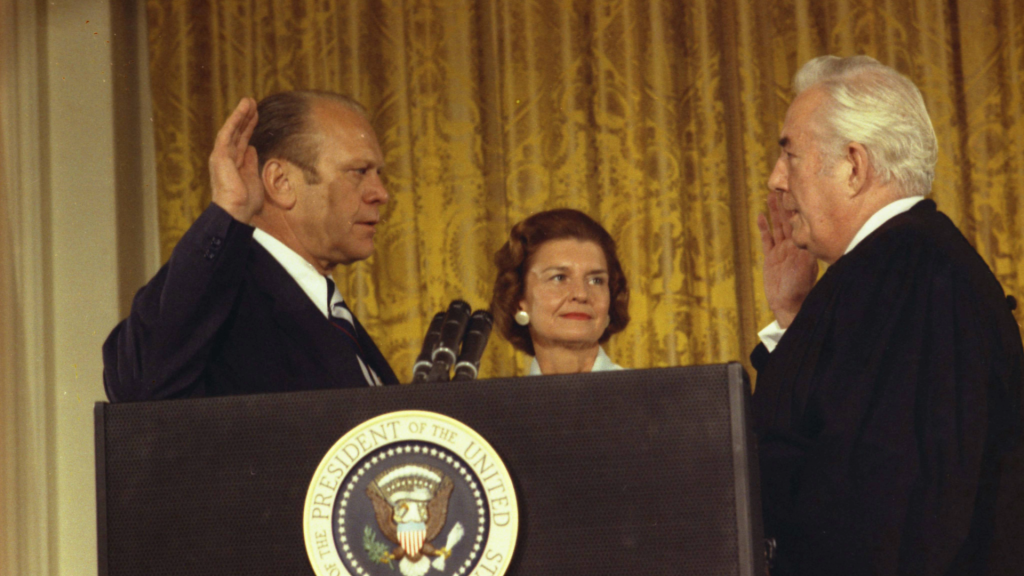
In 1973, then-vice president Spiro Agnew, resigned from office. Congressman Gerald Ford, who was the House Minority Leader, was appointed to fill his position The following year, on August 9, 1974, President Richard Nixon also resigned. As the new vice president, Ford was next in line for the nation’s highest office.
Gerald Ford and the Michigan Wolverines
Arguably our most athletic president ever, Ford was a standout high school football player in his hometown of Grand Rapids, Michigan. He balanced his dedication to the football team with his part-time job at a nearby restaurant, his busy social life – he was voted the most popular senior by his fellow students – and his commitment to his schoolwork.
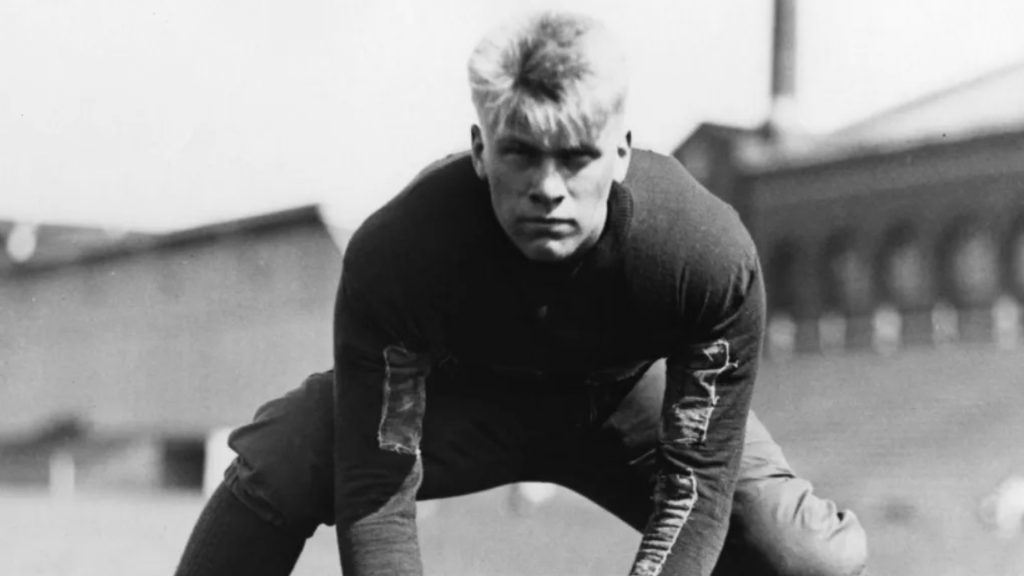
As a high school senior, Ford was named one of the state’s best football players. That’s when the University of Michigan came knocking on his door. Ford, who excelled in government and history, was just the sort of scholar that the prestigious university was looking for … and just the athlete the school’s football team, the Michigan Wolverines, needed on their roster.
A Scholarship Athlete
Ford was offered a hefty scholarship from U of M. It was generous, but he still needed to work part time to pay for his education. Throughout his academic career, he worked various jobs, demonstrated his strong work ethic and time management skills.
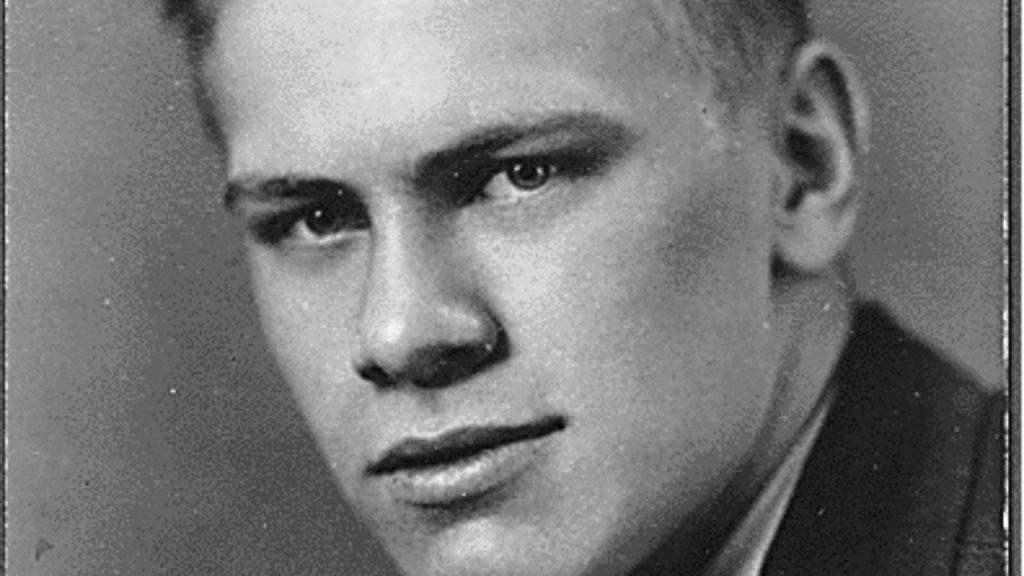
Ford majored in economics and was a leader in the classroom. He was smart, engaged, and inquisitive. He was a top student who was well-respected by his professors. And he did all this in addition to his commitment to the football team.
Gerald Ford, a Conquering Hero
Ford was in his element on the football field. A powerful athlete and a student of the game, he was the starting center for the Wolverines. Two years in a row – in 1932 and 1933 – Ford and his Michigan Wolverines were National Champions. His teammates looked to him for leadership.
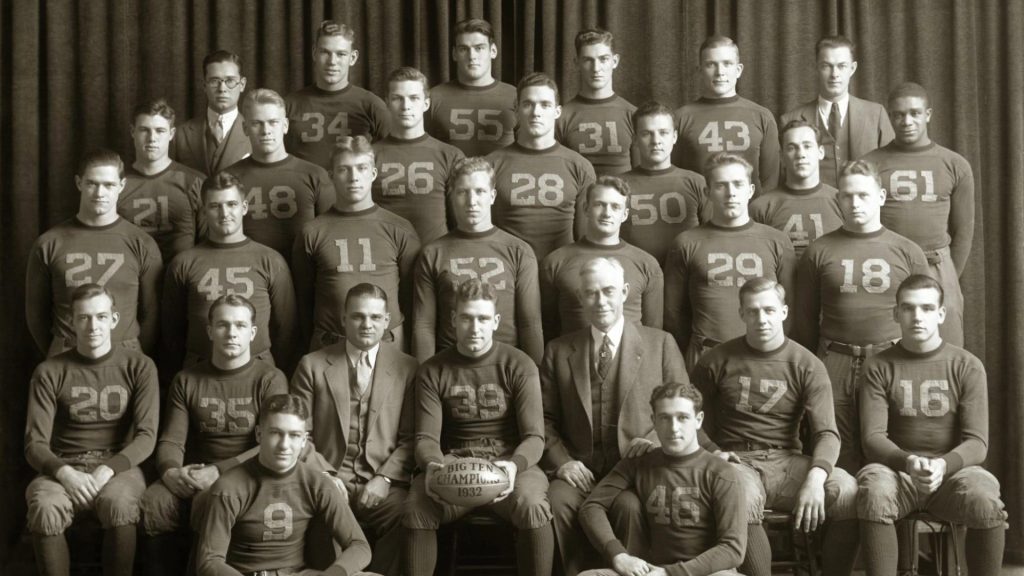
In fact, Ford’s teammates voted him the most valuable player on the team ahead of the 1934 season. This was Ford’s senior year and the final season of his football career. But it was not the Wolverines’ best year. They won only one game that season.
Gerald Ford’s Best Friend
On the field and in the classroom, Gerald Ford’s best friend during his days at the University of Michigan was Willis Ward. The two were both extremely intelligent, keenly interested in politics, and advocates for social justice.
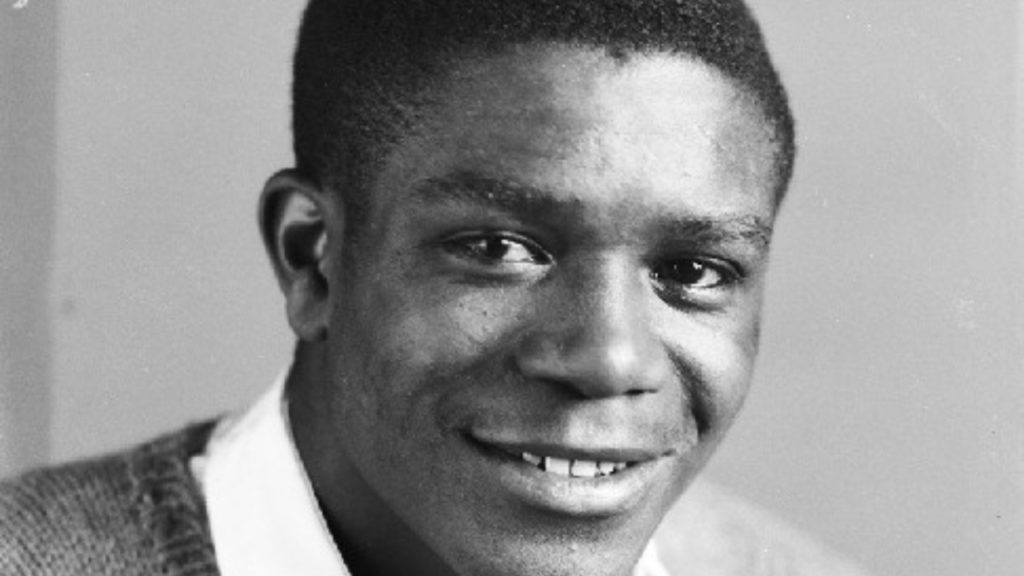
Ford admired Ward’s athletic ability and his work ethic during football practices. During road games, Ford and Ward always roomed together. To Ford, Ward was his equal. But it was 1934 and Willis Ward was an African American. Other people didn’t always view him as an equal.
A Demanding Letter from Georgia Tech’s Football Coach
William “Bill” Anderson, the head football coach for Georgia Tech and the college’s athletic director, sent a letter to Fielding Yost, the athletic director for the University of Michigan. In it, he demanded that Willis Ward be benched for the upcoming Georgia Tech versus Michigan game. He stated that his players would not take the field against an African American player.
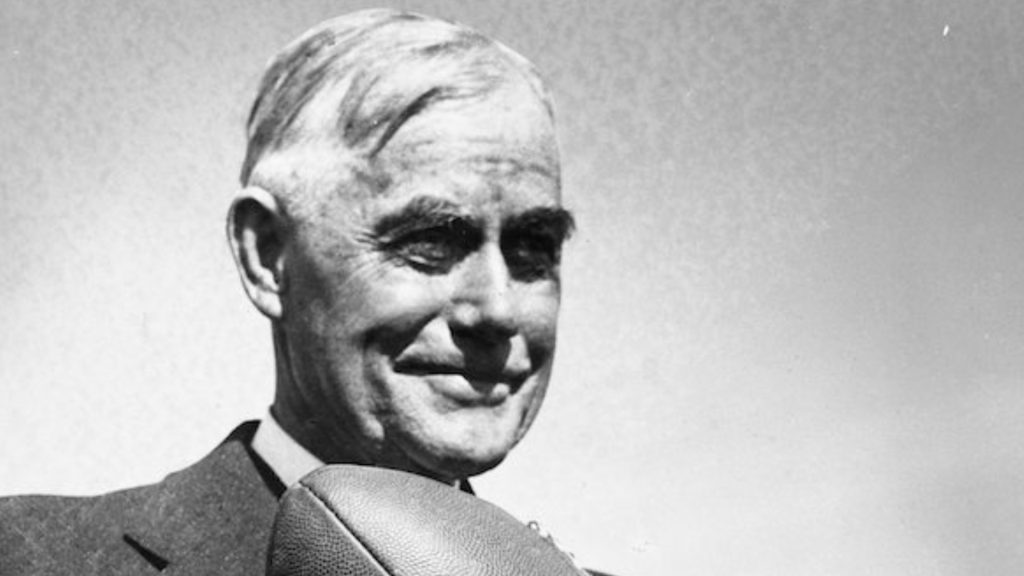
Word soon got out about Georgia Tech’s demands. And word spread that Yost was considering agreeing to Anderson’s demands. The entire U of M campus was up in arms. There were protests, picketing, and petitions.
National News
The issue attracted national news coverage. It was headline news across the country and was featured in Time magazine. The NAACP even got involved. However, we should point out that not all the protesters supported Ward.
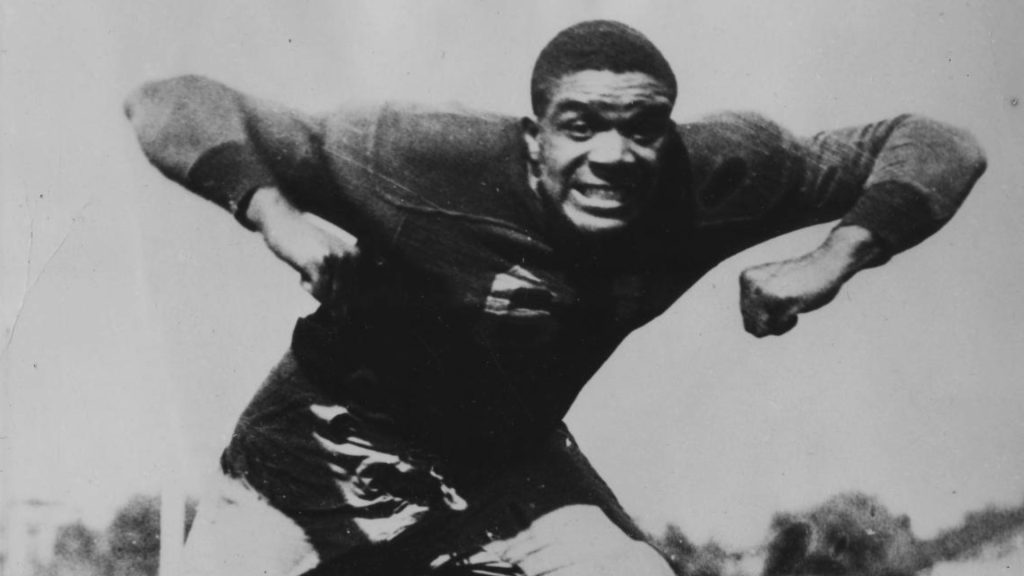
Half of the study body was behind Ward, but there were an equal number of students who believed that Ward should be permanently removed from the football team. Their position was that the football team had no place for an African American player. Sadly, even several of the top-level administrators at the University of Michigan wanted to see Ward’s name removed from the roster.
Making a Stand
Gerald Ford was furious. He was angry at Michigan’s athletic director, angry at many of his classmates, angry at Georgia Tech, and angry at several of U of M’s administrators. Above all, he was angry about racism and social injustices. He decided to make his stand.
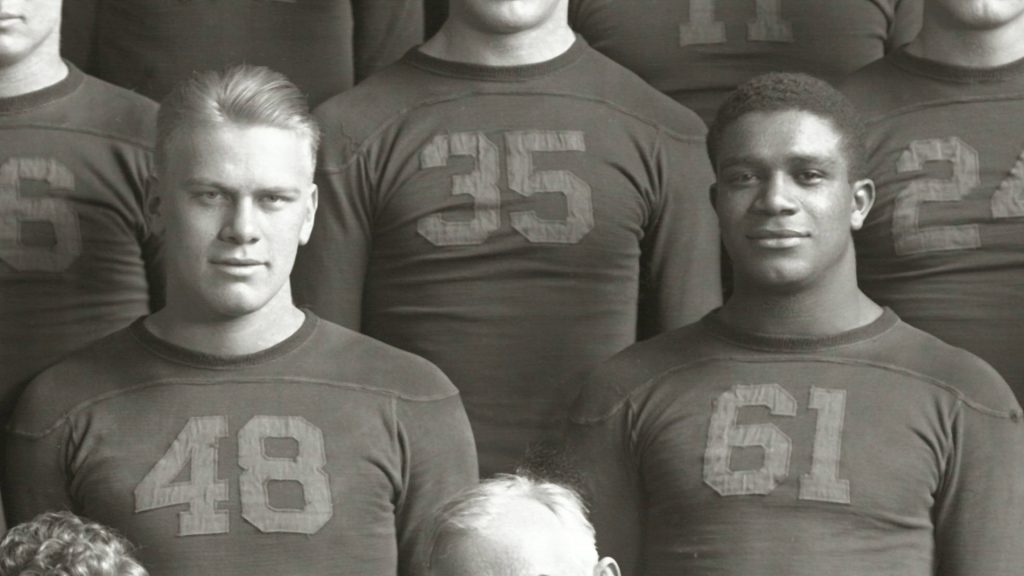
Ford announced to his coach and to Yost, the athletic director, that he planned to quit the team if Ward was dismissed. They gave him a counteroffer. They would allow Ward to remain on the team if he agreed to sit out for the Georgia Tech game. This was not good enough for Ford. He was ready to follow through on his threat to quit.
Cooler Heads Prevailed
Willis Ward sat down for a long chat with his best friend, Gerald Ford. Ford may have been outraged by the injustice of the situation, but for Ward, it was just another part of the challenges of being an African American man in the 1930s. It wasn’t fair, but Ward knew that sometimes one had to lose a battle in order to win a war.
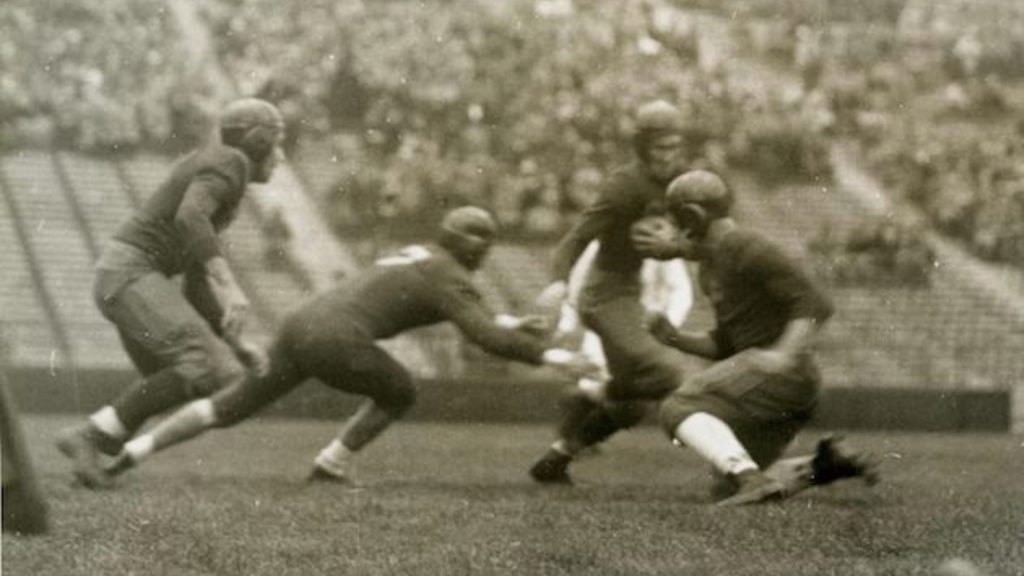
Ward personally asked Ford to stay on the team. Moreover, he wanted Ford to defeat Georgia Tech. “You need to play – and you need to pound them!” Ward said. Ford’s anger began to subside. He agreed to remain on the team and set his sights on pounding Georgia Tech.
Game Day
The game between Georgia Tech and the University of Michigan was held on October 20, 1934, at Michigan’s stadium. Willis Ward stayed away from the stadium that day, but Ford and the rest of the players were pumped. So was the crowd of more than 20,000 fans.
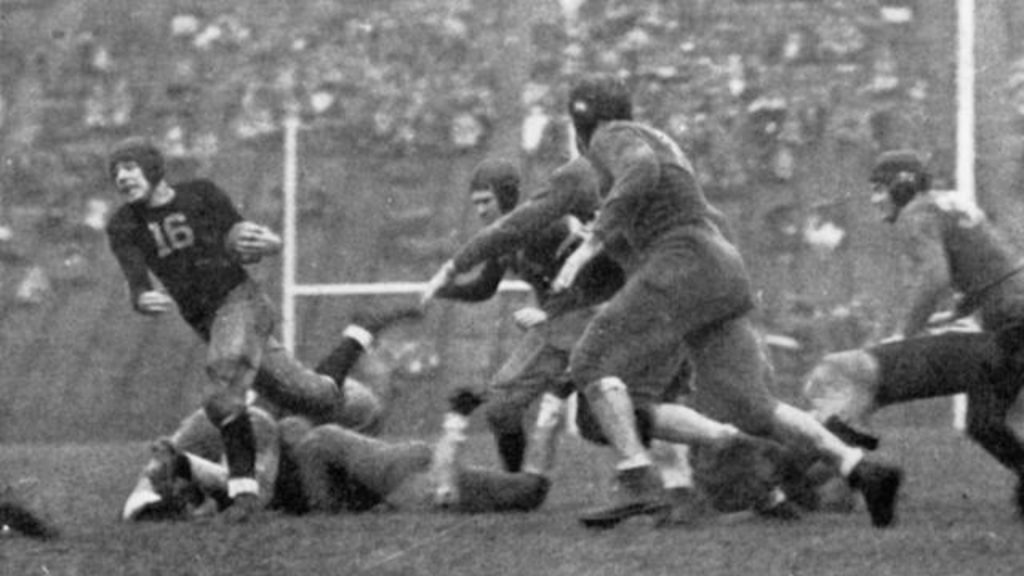
By the end of the game, the Wolverines made good on their promise to pound Georgia Tech. The final score was 9-2. This was Michigan’s only win of the entire season. But we haven’t heard the last of Willis Ward or Gerald Ford.
Back in Action
Ward was suited up and ready to go at Monday’s practice. His spot on the team was reinstated and Ward was eager to prove that he was a valuable member of the team.
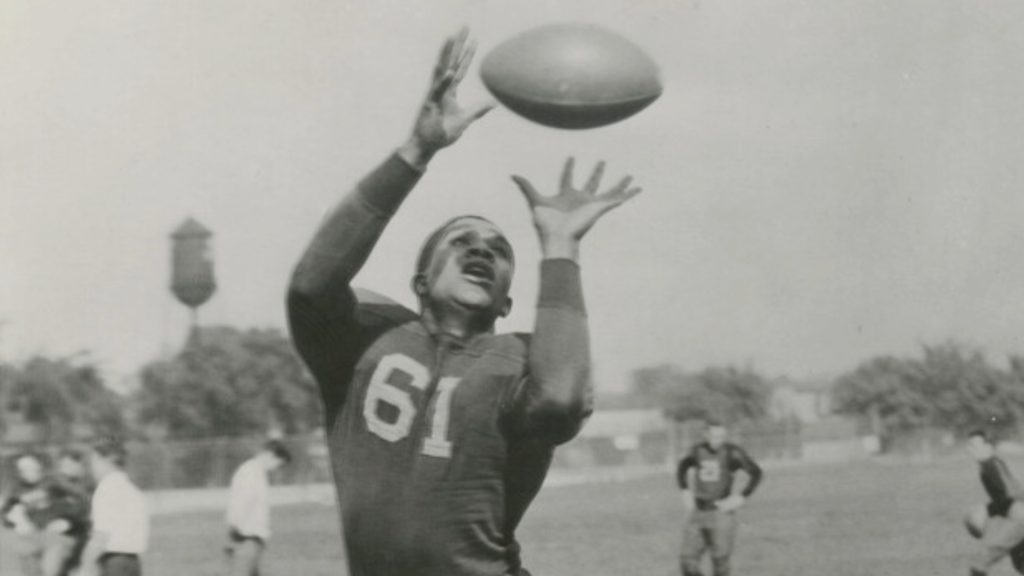
During the entire 1934 season – aside from the Georgia Tech game – Willis Ward was the only Wolverine to score. Every point the Wolverine’s scored that season, with the exception of the 9 points scored at the Georgia Tech game, was earned by Ward.
After Graduation
After Gerald Ford and Willis Ward graduated from the University of Michigan, both men went on to law school. Ford attended Yale’s law school – and coached their football team.
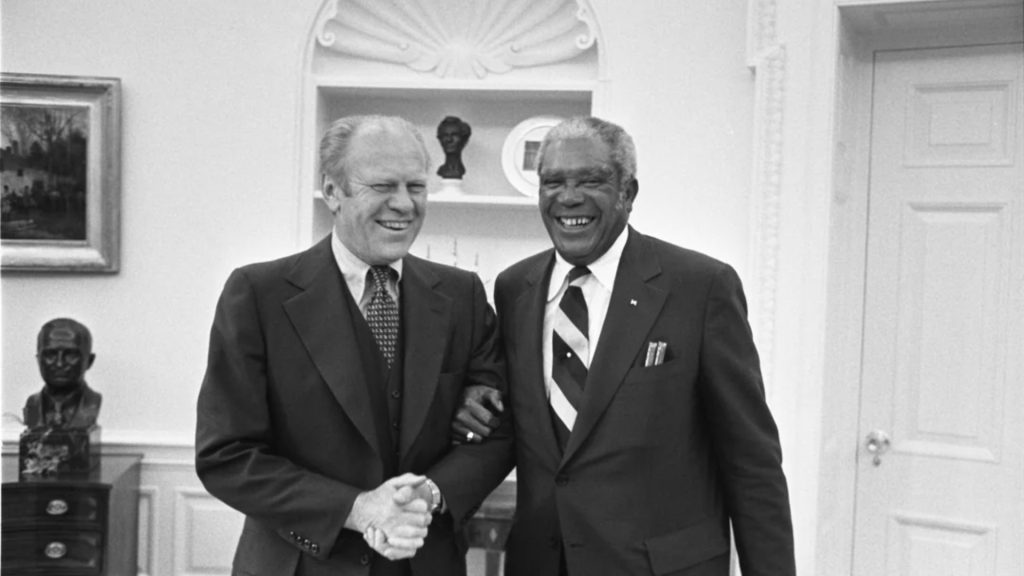
Ward earned his law degree from the Detroit College of Law. Ward enjoyed a distinguished career as a prominent lawyer and judge. As for Gerald Ford, he let the anger he felt at the racial injustices targeting his best friend fuel his political views.
A Proud Supporter of the Civil Rights Act
As a politician, Gerald Ford vehemently supported the Voting Rights Act and the Civil Rights Act and dedicated his time in public service to ensuring equality for all. During his time in the White House, Ford continued to advance civil rights initiatives.
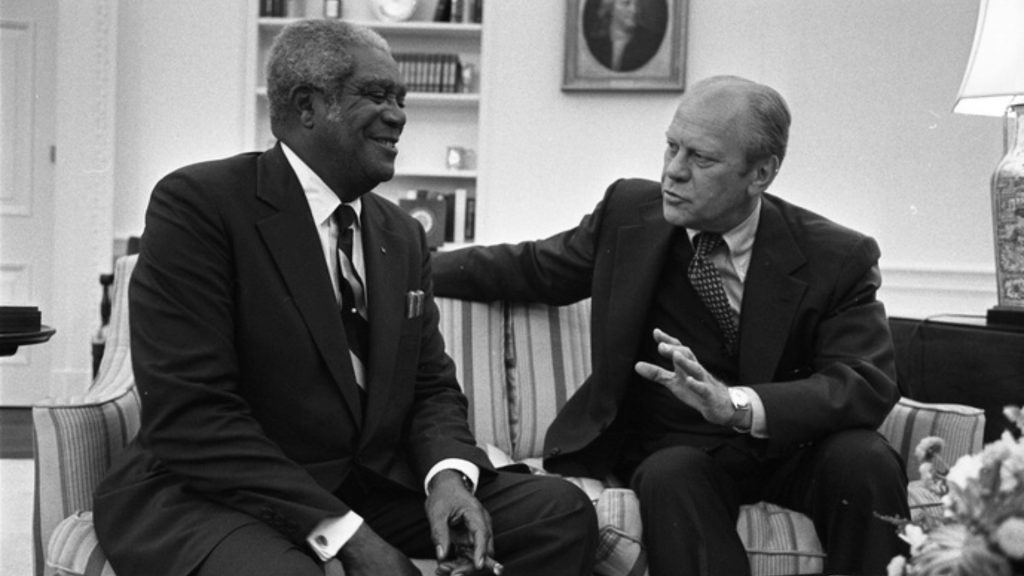
Ford also sought to appoint people who were committed to fighting for civil rights to key positions. One of those moments was when Ford appointed William T. Coleman, Jr. to the position of Secretary of Transportation. Coleman was only the second African American to hold a Cabinet-level position at that time.

